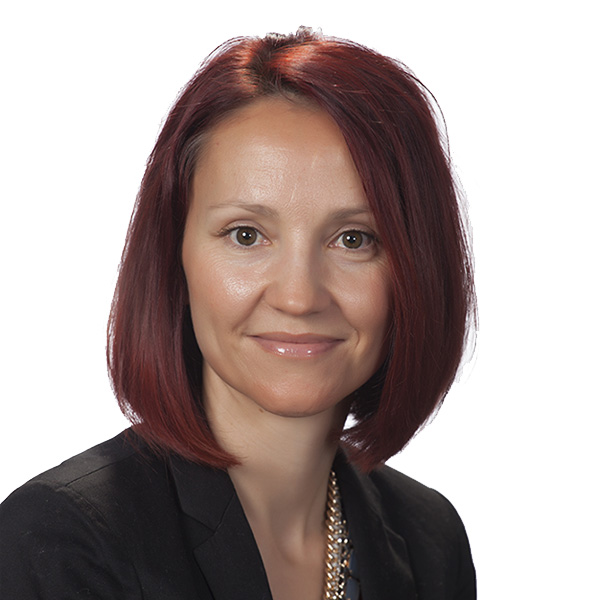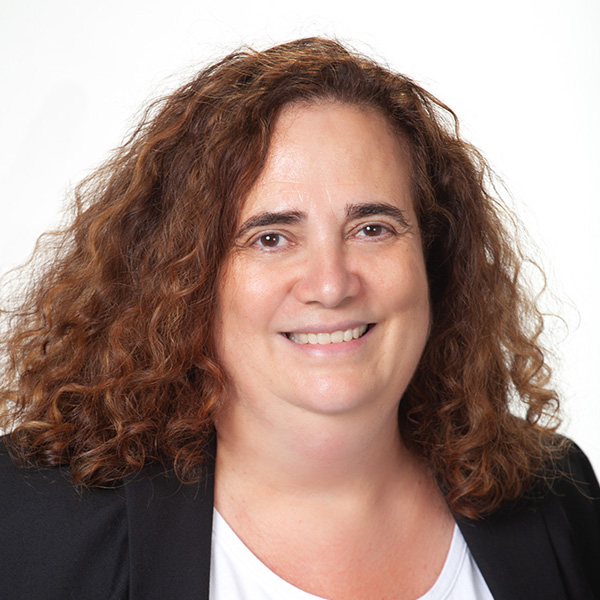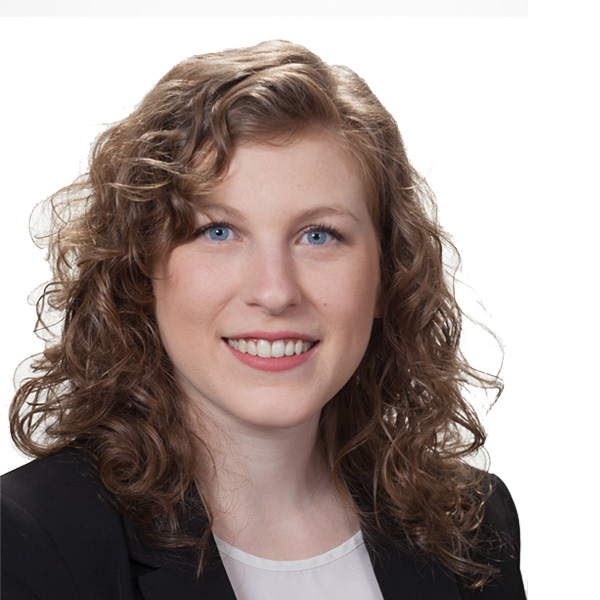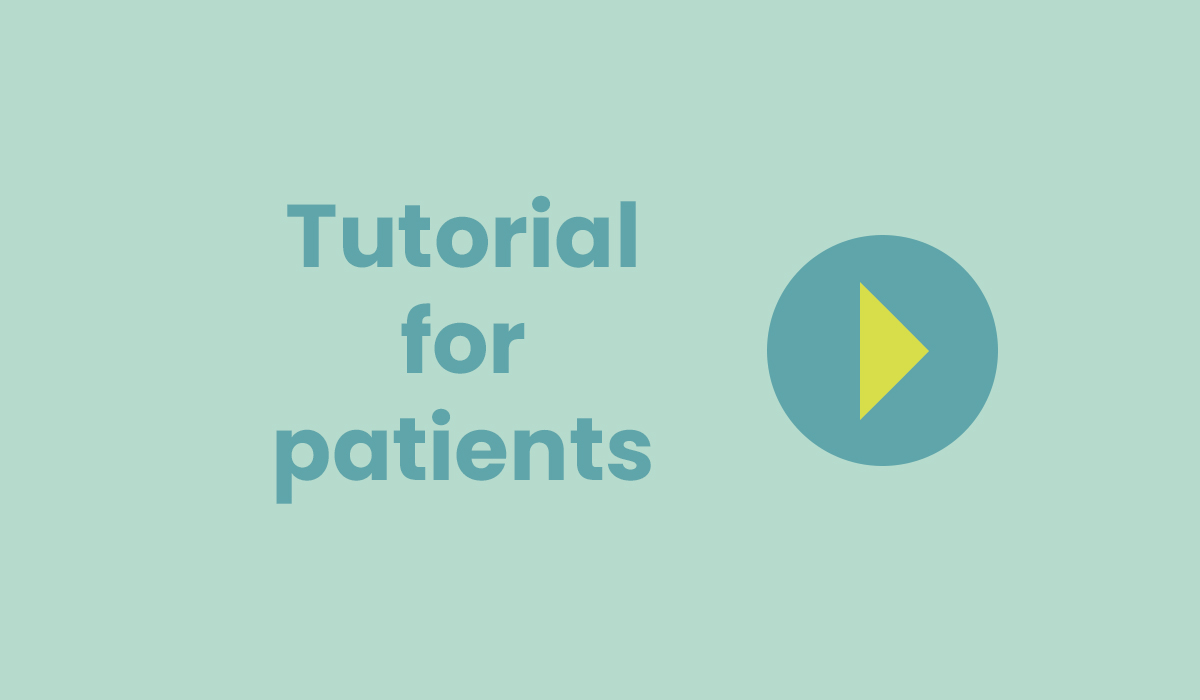Accent reduction
SPEECH THERAPY
Accent reduction
The Accent Reduction course taught by a Speech and Language Therapist teaches the speech patterns of standard British English.
You will learn the 12 English vowels and the consonants not found in Spanish. In addition to these individual sounds, you will also learn how stress, intonation, and rhythm convey meaning in British English. Prospective students must have an intermediate or higher level of oral English.
Accent reduction is another tool for improving your communication skills in English.
Not only is it important to be able to speak English using appropriate vocabulary, grammar, and syntax but it is important that people pay attention to what you say and not focus on the way you talk. One obvious reason for improving your accent is so that the listener can understand you better. Even if the listener can understand you they may become focused on the way you talk instead of the message you are trying to convey or lose interest in what you are trying to say. In the business world it is important that people understand clearly the message you are trying to get across. If listeners focus on how you say something instead of on what you say you will have difficulty communicating your message effectively. An accent reduction course can help you become a better communicator in English.
Most people want to improve their accent so that others will understand them better. Others want to sound like native speakers, although it must be stressed that achieving the accent of a native speaker 100% is extremely difficult for adults who have not lived in an English speaking country. Sounding more like a native speaker is a realistic goal, however.
Improving one’s accent requires commitment, determination and a lot of practice.
Students attend classes once or twice a week. The student is expected to study a few hours each week at home. The duration of the course depends on progress made towards achieving goals which are made up by the student and the teacher. Typically, after a determination is made of what vowels and consonants are needed to be modified or learned, instruction focuses on correct production of targeted English sounds. The student is asked to listen and repeat individual words frequently when learning correct pronunciation of vowels and consonants. Once these sounds are mastered in words the student will produce these sounds accurately in words in sentences. Students receive ongoing feedback and listen to recordings of themselves periodically to monitor their progress. Reading words and sentences out loud, as well as scripted role playing exercises are done in class when the focus is on intonation and prosody.
Benefits from accent reduction classes include improved speech intelligibility so that people can understand you better, a greater understanding of how to sound like a native speaker, and improved self-confidence in speaking English with other people whose second language is English as well as with native speakers.
Enhanced communication skills achieved through improving your accent can also open up and improve your opportunities for career advancement. Clear and effective communication is important in all areas of life, but especially so in the business world. The degree of success one has in the business world often correlates to one’s success as a communicator. As you become a more successful communicator, you also improve your overall confidence level as a professional.
Course description: Accent reduction in English
Sessions: Individual, 1-hour in duration
Approximate duration of course: 3 + months (it will depend on how much work is done outside of sessions)
Place: SINEWS’ offices C/Sagasta 16, ground floor, right, 28004 Madrid
Level of English required: high intermediate to high
Price: Initial interview+evaluation 70€
Report 100€
Feedback session 65€
Treatment 65€ per individual session
I work for an international company and use English in my day-to-day. It’s the second time I attend a series of lessons with Clara to improve my pronunciation and during this process, I’ve not only been able to identify and correct common mistakes I was not aware of, but it has also helped to improve my confidence in public speaking.
I absolutely recommend this to anyone interested in doing something different to improve their speaking skills. Thank you Clara & Sinews!
Cristina A.
Treatment of compulsive gambling and other non-substance addictions
PSYCHOLOGY
Treatment of compulsive gambling and other non-substance addictions
SINEWS is a center of reference for the treatment of pathological gambling in Madrid thanks to its team of experts in non-substance addictions counseling.
How do you know if an activity that most people carry out like shopping, gambling, or using the internet has become an addiction?
Two elements define an addiction: Loss of Control and Dependence.
- Losing control means that a person cannot abandon the habit by his own means, despite having tried to do it on several occasions and being aware of the damage his behavior is inflicting upon himself and his loved ones.
- Dependence is the increasing need for the habit that gradually involves more time, energy, money, etc. and starts to take priority over other needs, even those that were basic to the person (family, work, etc.)
The addiction develops slowly without the person’s awareness initially. Krych masterfully described the various stages of development of addiction (Abnormal consumer behavior, a model of addictive behavior, 1989):
- 1º. The activity is pleasurable
- 2º. There is an increase in preoccupation when the individual is not performing the activity
- 3º. There is an increase in the frequency of the behavior and the person progressively loses interest in other activities that were also satisfying before
- 4º. The individual tends to downplay his interest in this activity
- 5º. He experiences an intense desire to engage in this activity
- 6º. Behavior is maintained despite the increasing negative consequences. The person begins to justify and try to convince others because he is incapable of coming to terms with reality
- 7º. As the negative consequences increase, the person begins to realize this and makes attempts on his own to control himself
- 8º. Here, the activity is performed not for pleasure but for the relief of discomfort. This relief becomes less intense and shorter in time
- 9º. The person has less and less capacity to cope with negative emotions and frustrations of everyday life. This stressful state becomes more acute and the addictive activity becomes the only way to ESCAPE from stress
- 10º. The addictive behavior worsens and an external crisis (a breakup, the discovery of a large debt, a layoff, etc) leads the person/ family to seek treatment.
Compulsive Gambling
When a person begins to bet more money than planned, prefers to play alone, goes to betting centers to try to recover lost money and starts to lie, we can say he is getting to the point of compulsive gambling and may need treatment. Immediately important prejudiced thoughts show up in different areas of life:
- In the personal area, the individual is stressed, sad, anxious, and has a low self-esteem. The feeling of guilt for spending too much money and the debts make the person lie to family, friends, employers…
- At work, performance decreases by the constant thoughts about the games, unexcused absences start to happen and the person may even leave his job. The person could be laid off for attempting to steal, although this does not always happen.
- The family particularly suffers the consequences of gambling. A significant loss of confidence (after lying, petty theft, broken promises…) is added to financial difficulties. The person is not reliable and can’t carry out his responsibilities for his partner, children, parents and the guilty feeling makes him distance himself.
The psychological treatment has the following objectives:
- Regaining self-control over gambling behavior (minimize the impulse or excitement).
- Build a new lifestyle that is satisfactory without the presence of the game.
- To develop effective strategies to be able cope with life’s problems (including financial problems) without resorting to gambling.
- Discover the real and rational functioning of games of chance (such as slot machines, bingo, casino games, etc.) and the mechanisms that cause the addiction.
The role of the family throughout the process of the treatment for compulsive gambling is essential. They provide valuable information about the problem from an objective point of view. Additionally, listening to their concerns, worries and mistrust and teaching them that this is normal and helping them with some guidelines will help to create a more relaxed and suitable family atmosphere for the treatment of compulsive gambling.
Other non-substance addictions:
- Addiction to work is a maladaptive and excessive involvement in work activity and a loss of control of the work limits. This “obsessive” dedication causes family and social relationships to deteriorate and usually affects health as a result of physical stress, lack of sleep and the frequent consumption of alcohol and stimulants. The psychological treatment is directed towards building a balanced lifestyle in which work satisfaction is combined with personal, family and social well-being.
- An addiction to Shopping is defined as an uncontrollable urge to acquire desired objects. The satisfaction comes from the act of buying rather than the object bought (they are usually superfluous things that are not really necessary) The level of consumption breaks the level of economic stability giving way to debts, the deterioration of family relations and guilt… Psychological problems are frequent: depression, anxiety, food disorders that result in low self-esteem and impulsiveness. Counseling will help define the severity of the problem, identify its causes and teach the person to regain control.
- Addiction to sex is not exclusively the result of a high desire for sexual activity but the decrease of personal distress through sex; hence it becomes an obsession the person is unable to control. Among the negative consequences are the possibility of transferring the obsession to the partner as well as feelings of guilt, shame or reduced self-esteem. The psychologist can help identify and resolve internal unrest, satisfy unmet needs or gaps through healthy strategies and help control the obsession with sex.
- Addiction to Internet and New Technologies involves time spent on this activity that is out of proportion in relation to other leisure activities and obligations that often leads to the deprivation of sleep, and the neglect of other activities and important relationships. A person who struggles with this will continually receive complaints from those around him, constantly thinking of going online and trying to control the time spent online without any success are unmistakable signs. Psychological treatment is a useful tool to restore balance in our lives.
Eating Disorders
PSYCHOLOGY
Eating Disorders
Eating disorders are real, complex, and sometimes life threatening conditions that involve extreme emotions, attitudes and behaviors related to food and weight.
Below you´ll find a brief summary of the Feeding and Eating Disorders described in the 5th Edition of the American Psychiatric Association´s (APA) Diagnostic and Statistical Manual of Mental Disorders (DSM- 5).
Anorexia Nervosa
Anorexia Nervosa includes an inadequate intake of food which leads to a very low weight; intense fear of weight gain and attempts to prevent weight gain; self-esteem that is overly connected to the person´s body image; difficulty recognizing the severity of the situation. Contrary to popular belief, some individuals with anorexia also engage in binge eating and purging behaviors as well.
Bulimia Nervosa
Bulimia Nervosa involves frequent episodes of binge eating (consuming amounts of food that most people would consider excessive in a short amount of time) followed by behaviors to prevent weight gain which may include self-induced vomiting, laxative or diuretic use or excessive exercise; feeling out of control during moments of binge-eating; self-esteem that is overly connected to the person´s body image.
Binge Eating Disorder
Binge Eating Disorder involves frequent episodes of binge eating, but without behaviors to prevent weight gain, such as excessive exercise; feeling out of control during binge eating; feelings of shame or guilt in regards to their binge eating; indications that the binge eating is out of control (examples include eating when you´re not hungry, to the point of discomfort or by yourself because you´re ashamed about your behavior).
However, for individuals who do not meet the criteria for one of the disorders listed above, but who still struggle with disordered eating and body image concerns that impact their quality of life, they may receive a diagnosis of ¨Other Specified Feeding or Eating Disorder¨ (previously known as EDNOS-Eating Disorder Not Otherwise Specified). Some examples may include: atypical anorexia nervosa (weight is not below normal), bulimia nervosa with less frequent behaviors, purging disorder (purging without binge eating), or night eating syndrome (excessive consumption of of food at night).
Despite the stereotypes portrayed in the media, eating disorders are not an illness found solely among young women. Eating disorders do not discriminate. They are found among all genders, ages, races and socio-economic statuses. If you are a male who suspects you may have an eating disorder, it´s important for you to know that you´re not alone. Millions of men and boys throughout the world struggle with some form of these illnesses.
Eating disorders have a number of consequences on an individual´s emotional and physical health, as well as their relationships, and in some cases can be life-threatening. While the common feature of all eating disorders centers around concern regarding food and weight, eating disorders are actually much more complex than this. They are not a ¨fad,¨ but are often the sign of other underlying concerns such as anxiety, depression, difficulties with emotional regulation, past traumas, etc. With this in mind, it is essential that anyone struggling with an eating disorder seek professional help. Recovery from an Eating Disorder IS possible.
Treatment of an eating disorder often involves a multidisciplinary team composed of some of the following members: medical doctor, psychiatrist, psychologist and/or nutritionist. Here at SINEWS we have both psychiatrists and psychologists who specialize in the treatment of eating disorders who have helped numerous patients during their recovery process. Our professionals understand the complexity of these disorders, as well as the diverse factors that leads someone to develop one. While no one chooses to develop an eating disorder, you do have it within your power to choose to seek professional help.
Grief Counseling
PSYCHOLOGY
Grief Counseling
When a loved one dies, we are faced with a type of pain like no other; pain that is difficult to describe.
The grief response can vary greatly from person to person and includes feelings of profound sadness along with others such as guilt and anger. The grieving process evolves more favourably when we face reality by feeling the feelings and expressing emotions, relying on the people who love us, and little by little working to create a new way of life without the person we have lost.
Only 5 to 10% of people that go through a grieving process will develop symptoms of “complicated grief”. After some time has passed from the initial phase of shock, they will not recover their normal level of functioning and will require professional help.
In SINEWS we have assissted hundreds of grieving families, and experience has taught us that both individual and group therapy provide a healthy and effective environment in which to overcome such a loss.
Therapy allows for a more honest and liberating connection with emotions; it helps to find ways to keep the emotional bond with our loved one as we continue to live our lives.
Grief support groups provide an environment of warmth and understanding for sharing pain while learning strategies to cope.
Attention Deficit in adults (ADD/ ADHD)
Psychology
Attention Deficit in adults (ADD/ ADHD)
Our team of adult psychologists has the experience and professional training require to make a diagnosis and help you overcome the problem.
Has your son or daughter just been diagnosed with attention deficit and now you are wondering if he/she could have inherited it from you? Have you always had difficulties achieving medium-long term goals despite considering yourself an intelligent person? Do you forget important things and have difficulty getting organized?
Could I be suffering from ADD/ADHD?
If you think you may have Adult- ADD/ADHD, please answer the questions below. As you answer each question, place an X in the box that best describes how you have felt and what your behaviors have been over the past 6 months.
| Adult ADHD Self-Report Scale-V1.1 (ASRS-V1.1) | |||||
| From WHO Composite International Diagnostic Interview © World Health Organization |
Never | Rarely | Sometimes | Often | Very often |
|---|---|---|---|---|---|
| 1. How often do you have trouble wrapping up the final details of a project, once challenging parts have been done? | |||||
| 2. How often do you have difficulty getting things in order when you have to do a task that requires organization? | |||||
| 3. How often do you have problems remembering appointments or obligations? | |||||
| 4. When you have a task that requires a lot of thought, how often do you avoid or delay getting started? | |||||
| 5. How often do you fidget or squirm with your hands or feet when you have to sit down for a long time? | |||||
| 6. How often do you feel overly active and compelled to do things, like you were driven by a motor? | |||||
If four (4) or more marks appear in the darkly shaded boxes then your symptoms are consistent with ADD/ADHD in adulthood and further investigation with a specialist is recommended.
Evaluation Plan and Diagnosis of ADD/ADHD in adults in SINEWS:
1st session (1,5h)
Initial Clinical Interview:
The main goals of our first meeting are to collect comprehensive information on the symptoms that motivated the consultation (difficulties finishing tasks or projects, distractibility, frequent lost of personal objects…), to frame them in your life situation and determine how they are affecting your goals and daily functioning as well as to rule out that the attention problems are the result of other problems (stress, obsessive thoughts, depression…).
Implementation of different assessment tools for:
- Screening of ADD/ADHD symptoms in adults
- Assessment of other psychological symptoms
- Assessment of ADHD symptoms during childhood
- Assessment of executive cognitive functions
2nd session (2,5h)
The second session is dedicated to the assessment of the neuropsychological profile. Different tests and exercises are carried out that allow us to obtain a neuropsychological profile in order to compare it with the profile found in people with attention deficit in adults.
3rd session (1h)
Delivery of the complete personalized report and feedback about the results.
TREATMENT PLAN IN SINEWS:
Below you will find a description of a standard treatment plan. While this is a standard model, it is ALWAYS necessary to adapt it to the characteristics of each patient and their particular problems, which will lead to a personalized treatment plan.
Block 1 Psychoeducation, Organization and Planning
- Session 1: Psychoeducation and introduction to organization and planning tools.
- Session 2: Participation of one family member.
- Session 3: Organization of multiple tasks.
- Session 4: Problem solving and management of tasks / objectives that require overexertion and perseverance.
- Session 5: Organization of papers.
Block 2: Reduction of distraction levels
- Session 6: Measure concentration time and delays caused by distractions.
- Session 7: Modify the environment.
Block 3: Adaptive thinking
- Session 8: Introduction to the cognitive model of ADD/ADHD.
- Session 9: Adaptative thinking.
- Session 10: Rehearsal / test and review of the tools of adaptive thinking.
Block 4: Additional tools
- Session 11: Implementation of tools to avoid apathy and lack of motivation.
- Session 12: Relapse prevention.
Very often ADD/ADHD (attention Deficit disorder in adults) is an obstacle to achieving our goals, a difficulty for adapting to changes and/or a source of conflict in our relationships with others. If you think you might suffer from this problem, it’s never too late to benefit from professional help.
Terapia EMDR Madrid
EMDR – Eye Movement Desensitization and Reprocessing, is an innovative scientifically validated psychotherapeutic approach that accelerates the treatment of a wide range of difficulties, such as emotional difficulties caused by difficult experiences in the individual’s life, phobias, posttraumatic stress disorder, panic attacks, traumatic death, grief and traumatic events in childhood, sexual abuse, accidents and natural disasters.
What is EMDR and how does it work?
Within each person there is physiological information processing system by which new experiences and information are processed and assimilated as healthy memories. The information is stored on networks that contain related thoughts, images, emotions and feelings.
Traumatic experiences and persistent unmet interpersonal needs during periods of development can produce blockages in the capacity to process information. Therefore this information is stored in a dysfunctional manner in the brain. When stored information related to a traumatic experience is not fully processed, it cannot be used or integrated into the life of the individual. Consequently it produces reactions like fear, panic, sadness, repetitive dreams related to the experience, and flashbacks, among others.
When we perform EMDR, what we do is stimulate – through eye movements or other bilaterally stimulation- the information processing system. This helps the brain reorganize the dysfunctional information so the individual can assimilate the traumatic experience and be able to remember the event with the least possible pain. Thus, the memory ceases to affect in the present.
Online Therapy
Online Therapy
SINEWS is a mental health team based in Madrid, Spain, dedicated to caring for expatriates in their native language.
More than a decade serving international families, staff from embassies, employees in international mobility programs, displaced soldiers and students in international programs endorse us.
Vickie Andrews
Dra. Gema Rubio Herranz
Dra. Orlanda Varela González
Alicia Fraile Martin
Clara Gallego
Andrea Moreno
Héctor Pastor
Victoria Ramos Kurland
Sofía Salgado Zurborn
Jarrisvete Nyle Villarreal


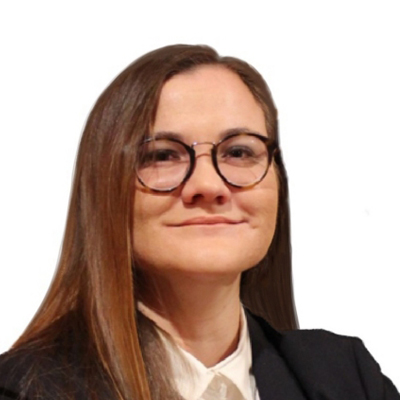
Katja-Franziska Gsell
IE University Postgraduate
Speaks: ES EN
University Counselor

Martín Rollings Sánchez
IE University Postgraduate
Speaks: ES EN
University Counselor
If you need help with anything else, contact us.
Thank you for using Sinews Online Services!
FAQs & Answers
Yes, you can use Windows PC, Mac OS, IOS and Android, we recommend that you use Google Chrome as your Browser for the best results.
To create your account you just need to select the profile of the therapist from above. In the window that will open, select “¿No estás registrado? Crea una cuenta” and fill your info, you will receive an email to confirm your account.
To log-in, just follow the same process you did to sign-up but just put your Username and Password after you select the Therapist you want.
At least 24 hours before the desired time.
If the therapist does not confirm the appointment before the time and date you booked, this session can be rescheduled by the therapist, you can contact info@sinews.es to reschedule your appointment.
Some of our members have profiles that are used specifically by Students or Employees of Institutions or Companies that have a Service Agreement (S.A.) with Sinews. If you are a regular patient just use the profile that does not have any Logos.
The only difference is when you select your therapist’s profile (the one with your institution’s logo).
Yes, you can request your session to be rescheduled up to 24hr in advance, just send a message to your therapists and they will be able to move your appointment.
Yes, if you cancel 24 hours in advance you can request a reimbursement sending us an email at: info@sinews.es
If you need an invoice just send us an email at: info@sinews.es – we will email you the invoice as soon as possible.
Psicología, Psiquiatría y Logopedia para Adultos
Psychology, Psychiatry, Coaching and Speech Therapy for adults
SINEWS offers a wide variety of services for adults.
Psychology, Psychiatry, Coaching and Speech Therapy for adults
SINEWS offers a wide variety of services for adults.
What do you need to feel better? We will help you discover what it is and guide you in your work to achieve it.
Let’s talk!
Nothing found.
Nothing found.









